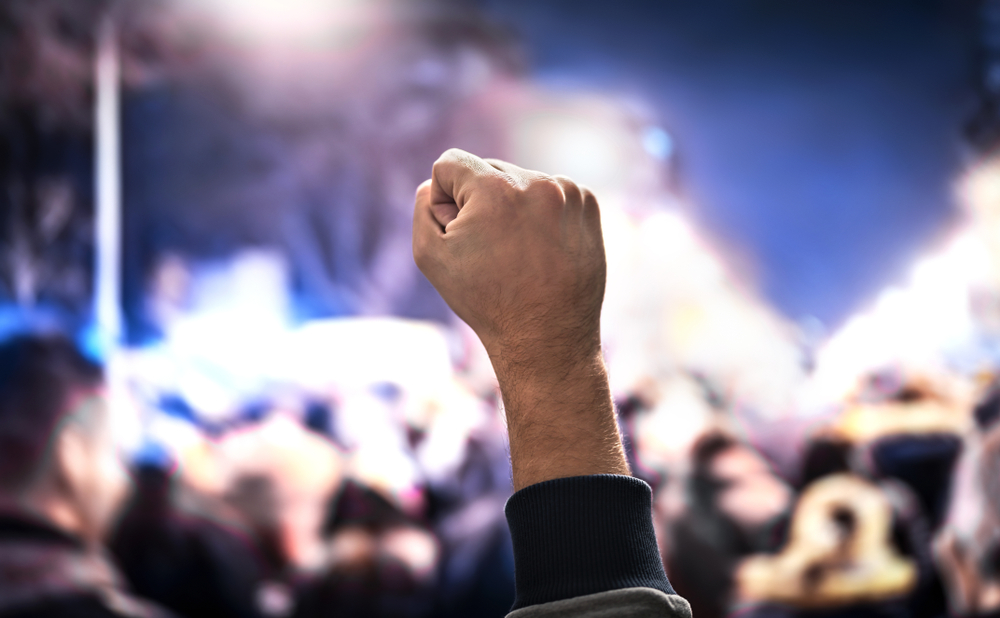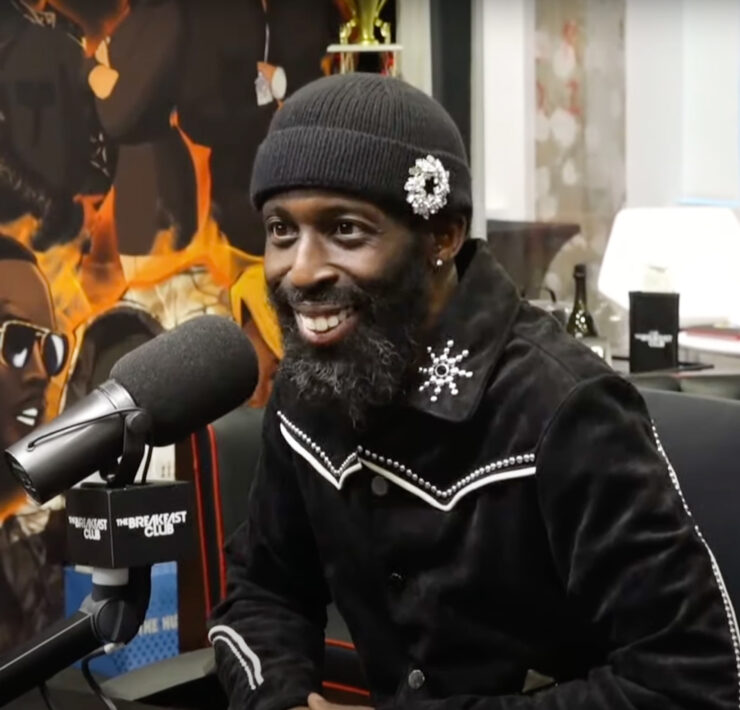
White Christians need to confront the motivations that fuel the desire to be “woke.” I don’t think that most of us who are white see how big of a problem this assumption of being woke is, which is why we don’t spend the necessary time engaging in introspection and self-reflection.
Why do we want to be woke?
- The label woke is powerful because we do not want to be associated with “those” white people. I see the motivation to be seen as woke almost always beginning there. It is regarding this first motivation that I believe the message of Christianity provides a unique pathway to freedom. At the core of an authentic reception of the Gospel message is a shift in how we come to understand our identity. Said a different way, to be saved by Jesus is to come to a new knowledge of who we are (and who we are not) through God. Though we used to, we no longer identify ourselves by what we do for work or how we dress or who we hang out with or how much money we earn. And of particular relevance to this point, we no longer find identity based on how we measure up against others.
It was actually this very tendency that led to some of the most rebuking words from Jesus to the Pharisees (read his parable in Luke 18:9–14, as he talks about a Pharisee who gained his identity by comparing himself to others he felt superior to). So while it is understandable that we would look to establish a sense of identity by comparing ourselves to those we perceive as less enlightened, it is nonetheless dangerous to ourselves, to others, and to the larger goal of confronting and dismantling white supremacy.
- The label woke is powerful because we dream of eventually reaching a permanent state of enlightenment. I think most of us carry this fantasy that if we take the racial awakening journey seriously enough—if we read the right articles, study the right history books, listen to the right podcasts—we will eventually land at an arrival point where we can exhale and join the ranks of other woke white allies. It’s a fantastical place where all major lessons have already been learned. It’s a place where all blind spots have already been exposed. It’s a place where I no longer have to be sensitive to the multitude of cultural vantage points on an issue, because my own sense of instinct is so well developed. It is a place where I no longer have to worry about being corrected, because I never make mistakes anymore.
Do you see the threads of this fantasy inside yourself? I sure see it in myself. I believe we have to do the same with this fantasy as we do with every other fantasy: we must find our way back to reality.
When I begin to slip into a mode of fantasizing about graduating to some type of fixed state of enlightenment, here are a couple of truths I remind myself of.
First, my whole life has been socialized by, through, and inside a system of white supremacy. While I was growing up completely oblivious to the system—or worse, internalizing messages of superiority—most of my BIPOC [Black, Indigenous and people of color] friends were growing up having to learn it in order to survive. The gap in understanding between these two realities is almost immeasurable.
Second, I remind myself that even as I slowly close the necessary knowledge gap involving the system of white supremacy, this is not the same thing as lived experience. My intellectual understanding of race does not compare to being the lone minority presence in any given space. Nor does it compare to fearing for my life as I get pulled over by the police. I’ve also never had to figure out how to have “the talk” with my children. I’ve never had to worry about being dragged out of my home by an ICE agent.
Though the fantasy of reaching some type of fixed, enlightened point is understandable, I need only to remind myself of these truths to remember that it is indeed just that—a fantasy. The reality is that I am on an ongoing journey of discovery.
- The label woke is powerful because we long to be independent agents of change.
Choosing to pursue change outside of the guidance of seasoned leaders is a form of pride.
Recognizing that, we can develop a vision for ourselves that keeps us moving, by the Spirit of God, from pride to humility. We can examine ways we have moved from pride to humility in other arenas in our lives and apply our findings to this journey. From overconfidence in self to reliance on others. From autonomy and independence to collaboration and dependence. From a position of security to a position of vulnerability. From seeking to establish ourselves as experts to seeking a permanent posture of learning.
The problem addressed here goes far deeper than the word woke. Though this word will eventually go out of style, as all co-opted, pop culture phrases do, what it represents for the white person seeking to actively participate in race-based work will not. So the practice of this chapter — stop being woke — remains the starting point of this journey, regardless of which word is currently used to describe it.
This will always need to be the first practice because it represents the most fundamental battle within the human soul: pride versus humility. Is it an overstatement to say that the whole of the Christian message comes down to this? I don’t think so. Warnings of the insidious nature of pride are found from the beginning of the Bible to the end. James, the half brother of Jesus, summarizes the warning like this: “That is why Scripture says: ‘God opposes the proud but shows favor to the humble’” (James 4:6).
This article is excerpted from Daniel Hill’s White Lies: Nine Ways to Expose and Resist the Racial Systems That Divide Us. You can buy the book here.






















